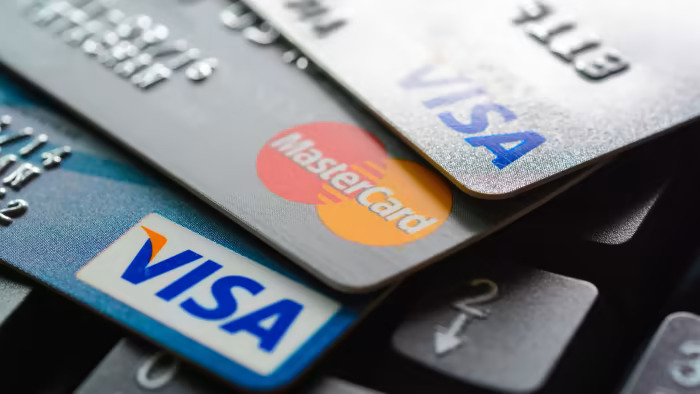There are now more consumer rights and safeguards, as well as more accountability for credit card issuers. Credit card interest rates cannot be increased without cause or prior warning, but it doesn’t guarantee they’ll never go up.
There are several benefits of credit cards, such as instant credit cards. But before filling out an application, there are a few things you need to consider. Interest rates are one of the primary factors to consider when selecting a credit card.
What is the Credit Card’s Interest Cost?
Finance charges, or interest rates, are the costs associated with credit card purchases. It differs based on your card issuer to issuer and even across the credit cards issued by the same bank.
Credit card interest rates are something you should look at while applying for the same. In contrast to other types of loans, credit card interest rates are not contingent upon the borrower’s credit history or ability to make monthly payments. These fees are standard and consistent across all clients.
How Does the Interest Rate Increase?
1. Unpaid Bill
Suppose you fail to make payments toward your credit card balance in a month. In that case, the issuing bank may charge you interest on the outstanding balance and on all subsequent purchases made with the card from the purchase date until the due balance is paid in full.
It might hurt your credit if you’re late for more than 30 days. When the due date exceeds 60 days, your issuer may apply a penalty APR to your account.
2. Minimum Due Payment
Making the minimum payment on your credit card and instant credit card balance each month is a way to avoid financial difficulties. Until the outstanding debt is paid in full, it will accrue interest on both the original amount and subsequent transactions. If you don’t pay in full within 45 days, you won’t get the introductory 0% APR offer.
Any balance that carries over to the next billing cycle will incur interest charges at the beginning of that period. The accrual of interest on the overdue payments puts you at risk of falling into an unmanageable cycle of debt.
3. Cash Withdrawal
Withdrawals of cash from a credit card come with an additional charge. One thing that should be noted is that the interest rates (financing charges) associated with credit cards are pretty expensive. They may vary anywhere from 2.5% to 3.9% each month.
Furthermore, interest on credit cards is multiplied daily, meaning the longer your cash advance remains unpaid, the more the interest on the credit card’s outstanding balance. Because of this, it is not recommended to make cash withdrawals using credit cards. Nevertheless, if you want to do so, ensure to repay the amount as quickly as possible.
4. Pay Less Than the Minimum Amount Due (MAD)
The issuer will consider the payment skipped if you pay less than the minimum amount due on any of your credit cards. Depending on the situation’s specifics, this might result in repercussions, such as a late payment charge. In addition, if you fall behind on your payments for an extended period, the company that issued your credit card may suspend its use.
If you make a payment lower than the minimum amount, you run the risk of not being able to satisfy the interest charges accrued on your credit card debt. Because of this, your account balance will continue to increase rather than decrease even if you make the minimum payment because interest charges and a late fee will be added to the total amount owed on your account.
5. Carry Forward Outstanding
If you haven’t paid off your outstanding balance from the previous month in full, the bank will add the amount still owed to your account for the next billing cycle. Such situations will impose interest on the outstanding balance and any future transactions until the past dues are fully cleared. This will be the case regardless of the payment amount, which may be equal to or less than the MAD.
Conclusion
Continue to use credit cards, but ensure your record is clean by avoiding late fees and not carrying over credit to the next month. Credit cards have a variety of applications, but if they aren’t handled properly, they may seriously harm a person’s finances.
